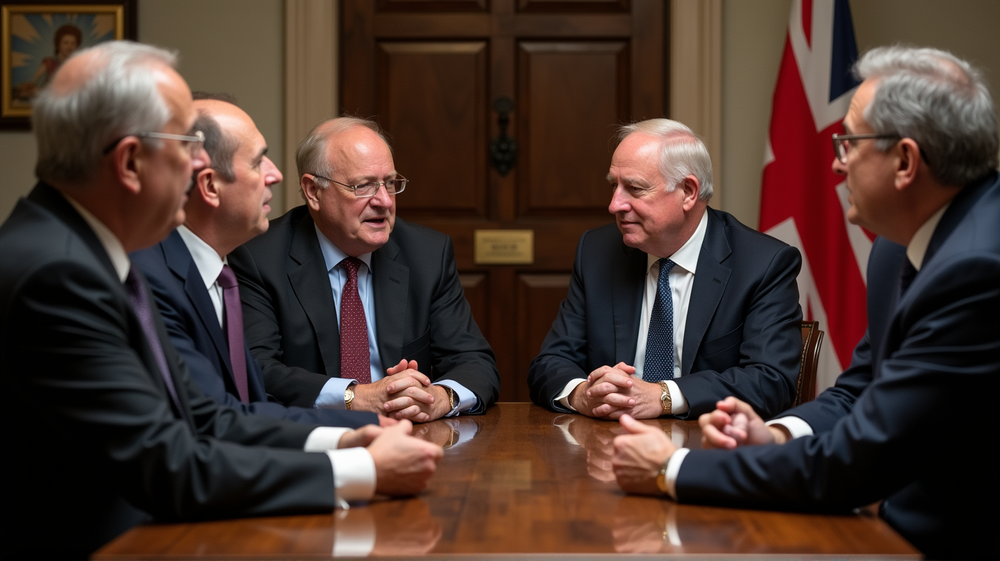The British government’s foreign policy has taken a sharp turn as Prime Minister Keir Starmer announces a significant shift. By September, the United Kingdom will recognize a Palestinian state unless Israel agrees to a ceasefire in Gaza and halts its annexation plans for the West Bank. This move aligns with France’s recent decision to support Palestinian statehood and is poised to alter the dynamics of the Israeli-Palestinian conflict in a major way.
A Momentous Announcement
In a poignant speech delivered at No. 10 Downing Street, Starmer emphasized the UK’s commitment to a two-state solution. He stated that the ongoing violence in Gaza and the stalled peace talks represent “an appalling situation” that necessitates immediate action. Starmer’s words underscore the urgency and gravity of the current Middle Eastern geopolitical climate.
European Unity on the Palestinian Issue
France has already made its intentions clear, planning to recognize Palestine officially at the upcoming United Nations General Assembly. Such actions by European powers indicate a growing international consensus on the importance of Palestinian statehood as a pathway to lasting peace. This move could potentially influence other G7 nations and reshape global attitudes towards Middle East diplomacy.
Challenges and Criticisms
Despite British and French intentions, the road to peace is fraught with challenges. Israeli Prime Minister Benjamin Netanyahu rebukes the UK’s position, arguing it rewards “monstrous terrorism” and threatens Israeli and British security. Meanwhile, Palestinian leaders, including Prime Minister Mohammad Mustafa, welcome these developments, hoping for a peaceful resolution that brings them closer to statehood. According to NPR, international anxiety is escalating with the ongoing humanitarian crisis in Gaza, worsening as the conflict rages on, drawing worldwide condemnation.
Implications for the Future
This pivotal shift in UK policy could redefine British foreign relations, especially if it manages to galvanize international support for Palestinian statehood. British opposition parties and global leaders alike are focusing on the humanitarian impact of the Israeli-Hamas conflict. Former US President Trump’s comments emphasize the urgency of humanitarian aid over political maneuvering during this tumultuous period.
As the world awaits the outcomes of these significant diplomatic moves, Starmer’s decision reflects a deep, evocative pursuit of peace and justice in one of the world’s most enduring and complex conflicts. Whether this marks a new chapter in Middle East relations remains to be seen, but it certainly opens the door for dialogue and transformation across international borders.












